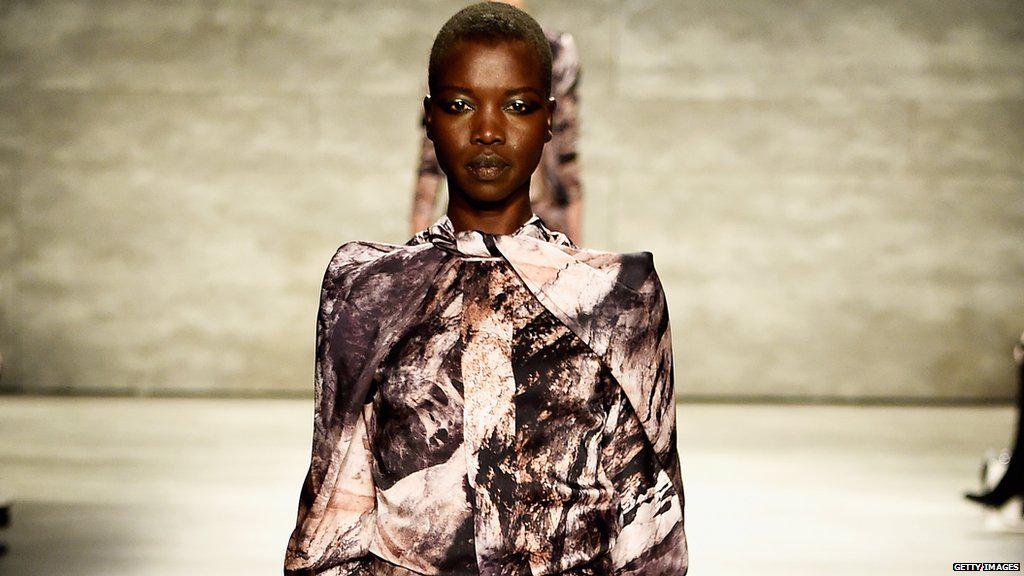The fashion industry is currently being revived by entrepreneurs, policymakers and lenders in Africa.
This revival comes after decades of a declining fashion industry because of cheap imports and poor infrastructure.
African designers are now extremely optimistic about the potential of fashion and textiles across the continent.
The African Development Bank is traditionally known to fund infrastructure and industrial projects and in 2015, they set up the Fashionomics Africa Initiative to support the growth of creative and cultural industries.
According to Emanuela Gregorio of the African Development Bank, the initiative has reached a tipping point in the past year.
“Fashion has often been seen as frivolous or superficial but now, after all these years, you have a lot of momentum at different layers among people that would never have looked at the sector before,” she says.
Frannie Léautier, chief operating officer of the Eastern and Southern African Trade and Development Bank is a huge advocate of the fashion industry.
She tells Financial Times, “People are feeling proud to be African and they are consuming African.”
Léautier credits the film Black Panther as being a catalyst for Africa’s current “fashion renaissance” because it brought African style to screens across the world.
The founder of the Made in Africa Initiative, Helen Hai says “if Africa can take a significant proportion of the jobs (currently in China), this would transform the future of the continent in the next 30 years.”
Hai has advised 10 African heads of state on attracting investment from clothing manufacturers.
The next step being worked on is developing African fashion houses to sell products to African consumers first and then to the rest of the world.
South Africa’s Kisua brand is one of the African brands that has achieved both continental and global success.
This brand received international recognition when Beyonce was photographed with a Kisua coat in 2014.

Domestic markets are still small and trading within the continent can be quite difficult.
Edem Adzogenu, advisor of the Afro Champions Initiative which collaborates with AU on pan-African strategy says, “the infrastructure backbone that we need to take the cotton out of Benin and move it to the looms of South Africa isn’t there.”
The implementation of the African Continental Free Trade Agreement is key to getting the African fashion industry to the next level.
According to Financial Times, the agreement came into force in May and agrees to eliminate tariffs on trading between member states on 90% of growth.
“It will not just be a case of getting something from a third party, removing it from a package and adding a ‘Made in Africa’ label,” says Albert Muchanga, the AU’s trade commissioner.
Léautier says “if the agreement achieves its aims, then trade in textiles, leather, clothing, art, and cosmetics, supported by online sales platforms, could provide Africa’s abundance of creative talent with the market needs to achieve scale.”
She also says, “the price brands can get selling their product in the U.S. or elsewhere can be higher, but the volume will come from selling it in Africa.”
